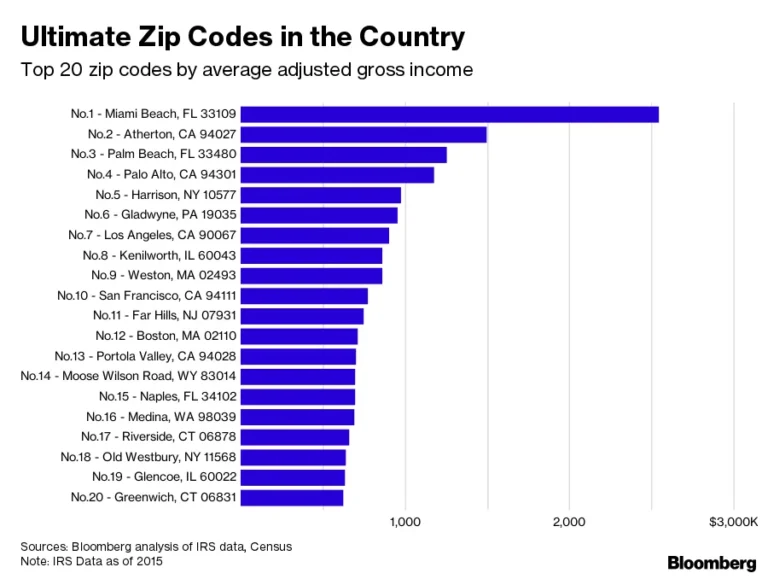Table of Contents
ToggleConcessions are a concept that spans various industries, agreements, and scenarios, from business contracts to government policies and even day-to-day negotiations. Understanding “what are concessions” involves diving into the essence of this term, its implications, and its practical uses in different contexts. This article provides a detailed exploration of the concept of What Are Concessions, highlighting their significance and role in diverse fields.
What Are Concessions? A Basic Definition
At its core, concessions refer to compromises or agreements made between two or more parties, where one side agrees to give up certain demands or rights to achieve mutual benefit or reach an understanding. Concessions often involve granting something of value, whether tangible or intangible, to facilitate a deal or resolve disputes.
In a broader sense, concessions can also mean the rights or privileges granted by one entity (like a government or organization) to another entity, enabling specific activities, such as operating a business or utilizing natural resources.
The Importance of Concessions in Negotiations
Concessions are critical in negotiations because they pave the way for successful outcomes. In any negotiation, both parties aim to achieve their objectives, but rigid stances can result in deadlocks. Concessions act as a bridge, encouraging compromise while maintaining focus on the bigger picture.
For example, in business deals, a seller might offer a discount to close a sale, or an employer might agree to flexible working hours during salary discussions with an employee. Such concessions often help both parties reach an agreement that satisfies their core needs.
Key Characteristics of Negotiation Concessions:
- Strategic: Concessions are often calculated moves to gain trust and achieve a favorable outcome.
- Mutual Benefit: They aim to create a win-win situation where both parties feel heard and satisfied.
- Dynamic: Concessions evolve during negotiations, depending on the flow of discussions and priorities.
Concessions in Business Agreements
In the world of business, concessions often come into play during partnerships, sales contracts, and leasing agreements. These concessions may include financial incentives, reduced prices, extended warranties, or other perks aimed at attracting customers or collaborators.
Examples of Concessions in Business:
- Discounts: Offering a percentage reduction on a product or service price to close a deal.
- Flexible Payment Terms: Allowing customers to pay in installments or at later dates.
- Exclusive Rights: Granting partners exclusive rights to sell or distribute a product in a specific region.
These concessions are designed to foster trust, strengthen relationships, and ultimately secure long-term business success.
What Are Concessions in Real Estate?
In real estate, the term “concessions” refers to benefits or incentives provided by property owners, landlords, or sellers to potential buyers or tenants to make a deal more attractive. These concessions can take various forms, depending on the nature of the transaction.
Examples of Real Estate Concessions:
- Rental Concessions: A landlord might offer a tenant one or more months of free rent to encourage them to sign a lease.
- Closing Cost Concessions: Sellers may agree to cover part or all of the buyer’s closing costs in a home purchase.
- Renovation Allowances: Property owners may provide funds or discounts for necessary repairs or improvements.
Such concessions are particularly common in competitive markets or during economic downturns when buyers or renters hold more bargaining power.
What Are Concessions in Government and Public Policy?
In the realm of government and public policy, concessions often involve granting rights or privileges to private entities for the use of public resources. This is typically done through concession agreements, which outline the terms and conditions under which these entities can operate.
Examples of Government Concessions:
- Infrastructure Projects: Governments may grant concessions to private companies to build and operate highways, airports, or railways.
- Natural Resource Extraction: Mining or oil companies may receive concessions to extract resources from a specific area.
- Public Services: Concessions can also apply to the operation of utilities, such as water supply or waste management, by private firms.
Such arrangements are often designed to encourage private sector investment while ensuring public access to essential services.

What Are Concessions in Sports and Entertainment?
In the sports and entertainment industries, the term “concessions” has a unique meaning, referring to the sale of food, beverages, and merchandise at venues such as stadiums, theaters, and amusement parks. Concession stands or kiosks serve as vital revenue streams for event organizers and venue operators.
Examples of Concessions in Sports and Entertainment:
- Food and Beverages: Popcorn, hot dogs, and soft drinks sold at movie theaters or sports events.
- Merchandise: Team jerseys, hats, and other branded items sold at games or concerts.
- Exclusive Deals: VIP packages or premium seating options that include food and drink concessions.
These concessions enhance the overall customer experience while generating significant profits for venue owners.
The Role of Concessions in Conflict Resolution
In the context of conflict resolution, concessions play a crucial role in defusing tensions and fostering cooperation. Whether resolving disputes between nations, organizations, or individuals, concessions often serve as a middle ground to break stalemates and build trust.
Examples of Concessions in Conflict Resolution:
- Diplomatic Agreements: Nations may agree to territorial concessions or economic trade-offs to resolve disputes.
- Workplace Mediation: Employers and employees might agree on new policies or compensation to address grievances.
- Legal Settlements: Parties involved in lawsuits may settle disputes by making concessions, such as financial compensation or apologies.
The ability to make concessions demonstrates flexibility, empathy, and a commitment to finding solutions that benefit all stakeholders.
Conclusion: Understanding the Value of Concessions
So, what are concessions? At their essence, concessions are about give-and-take—a cornerstone of human interaction that fosters understanding, collaboration, and progress. Whether in business, real estate, government, sports, or conflict resolution, concessions play a pivotal role in achieving agreements that work for everyone involved.By carefully weighing the benefits of giving up certain demands or rights, concessions can lead to stronger relationships, better deals, and sustainable solutions. Recognizing the value of concessions and applying them effectively in various situations is a skill that can benefit individuals, organizations, and societies alike.Whether you’re negotiating a business deal, resolving a dispute, or navigating a complex agreement, understanding and strategically using concessions can pave the way for success.


















